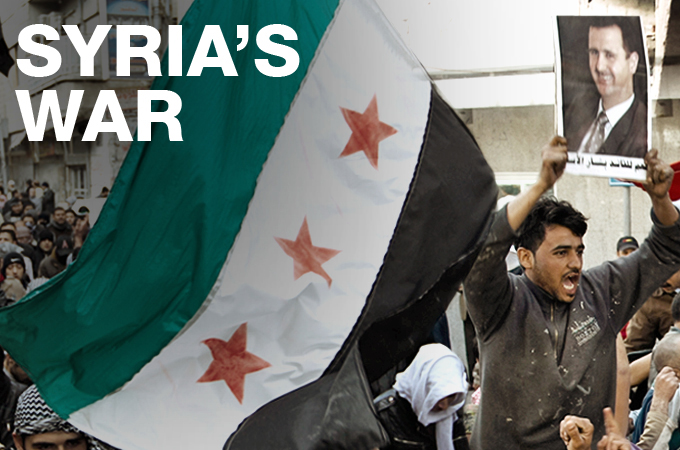And this will be an opportunity for him to really
focus on what we can do to increase trade and investment from the United
States into Africa, what we can do to advance our trade relationships,
dealing with AGOA and other opportunities that we have going forward,
how do we improve the climate for economic growth in East Africa and
Africa generally.
I should add that in addition to this event and the
food security event with the private sector in Senegal, members of the
President's economic team -- Valerie Jarrett, Mike Froman, Fred
Hochberg, and Raj Shah -- will be participating in an event with the
private sector in Cape Town as well, independent of the President. And
they'll be discussing these issues there as well.
So the President will speak to business leaders and CEOs about these
issues. And then, that night he'll attend an official dinner hosted by
the President of Tanzania.
For the First Lady, that day she'll have tea with
Ms. Kikwete, the wife of the Tanzanian President. And then, she will
visit the memorial to the embassy bombing at our embassy. Then the
First Lady will attend a performance by the Baba wa Watoto troupe, which
serves underprivileged boys and girls between the ages of 5 and 18
years old. And then she will join the President for the dinner that
night.
Then, finally, on our last day of the trip, the
President will begin his day by going to the embassy and also laying a
wreath at the sight of the memorial to the embassy bombings. Then, he
will visit the Ubungo power plant in Tanzania -- one of his focuses of
not just our development policy, but also our support of economic growth
on the continent is power, and the President will be able to speak to
those issues as he visits the Ubungo power plant. And then that will
conclude the President's agenda on the trip.
I'll also add on July 2nd, the last day, in Dar es
Salaam, the First Lady will participate in an African First Ladies'
Summit, Investing in Women Strengthening Africa, which is going to be
hosted by the George W. Bush Institute, including Laura Bush. At the
summit, first ladies from across the continent will gather to focus on
the important role that first ladies play in promoting women's
education, health and economic empowerment. I think that this will also
speak to the bipartisan support that exists in the United States for
support for sub-Saharan Africa, for deeper relations between the United
States in sub-Saharan African countries, and of course, for the
empowerment of women and girls in sub-Saharan Africa and around the
world.
So that concludes our very busy schedule on the
trip. Before we open it up for questions, I want to turn it over to my
colleagues. I'll start with Grant to see if he has any words you want
to add.











